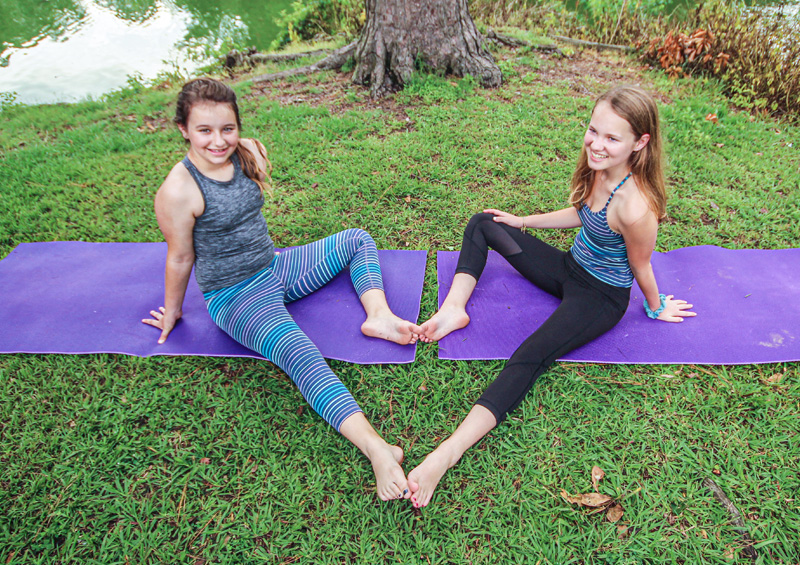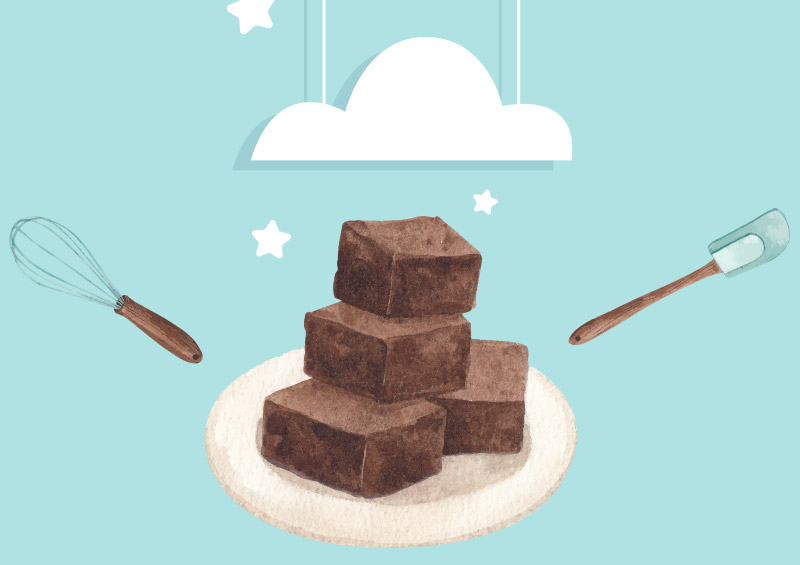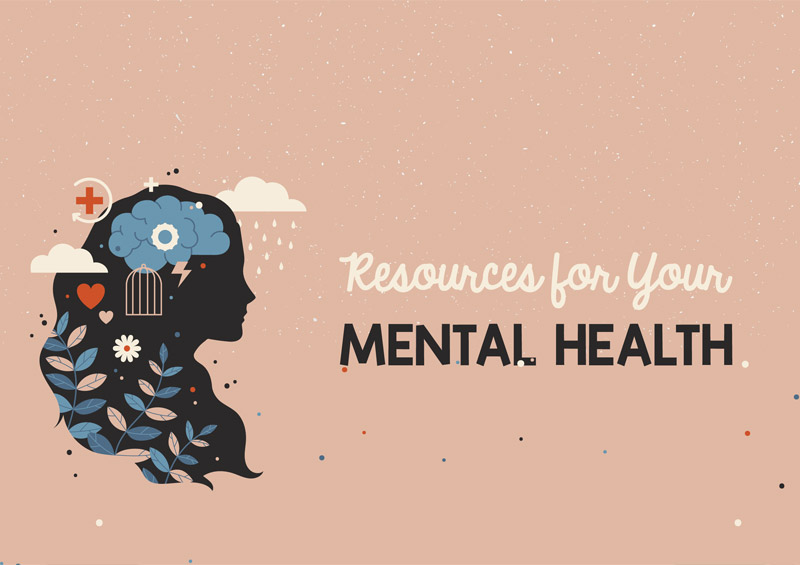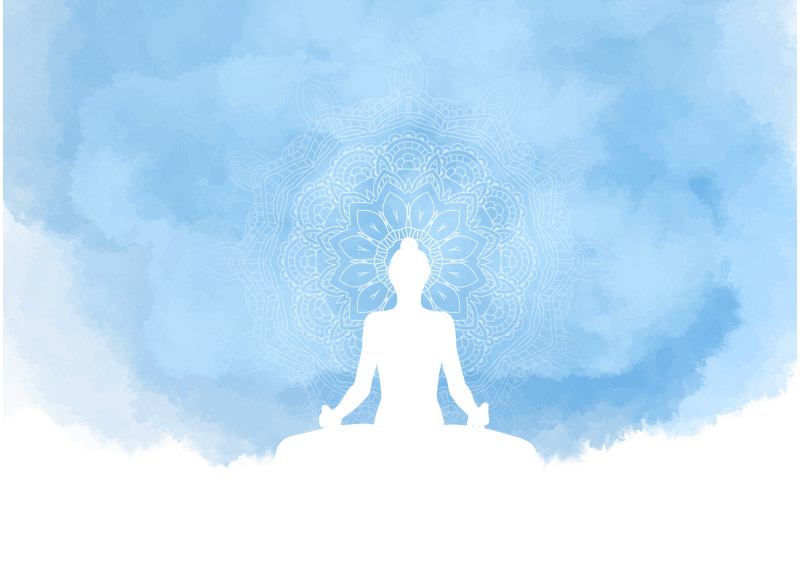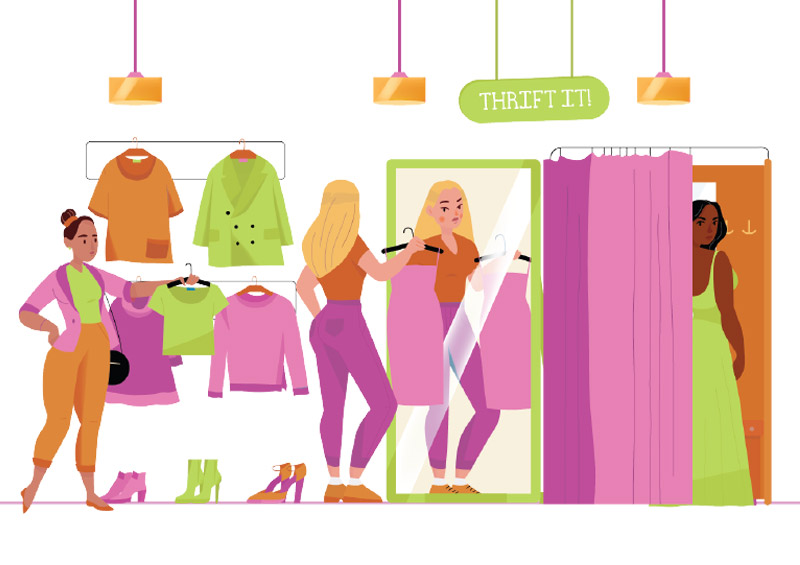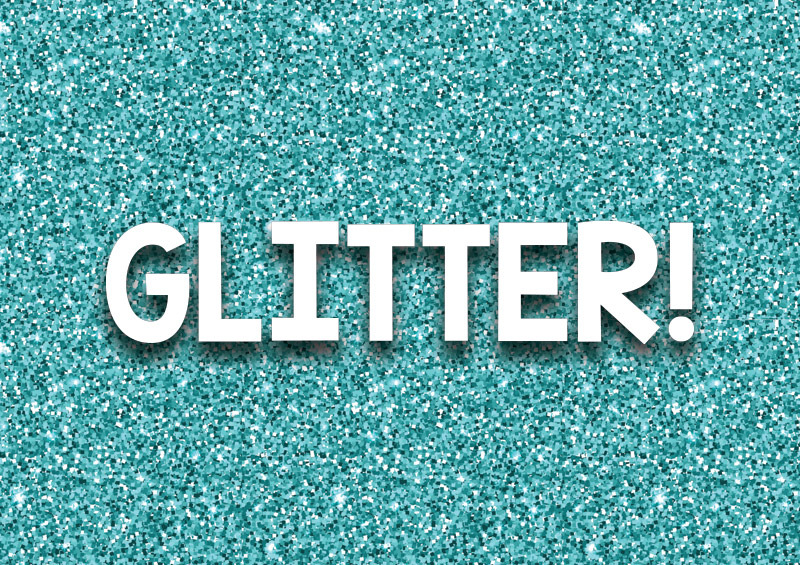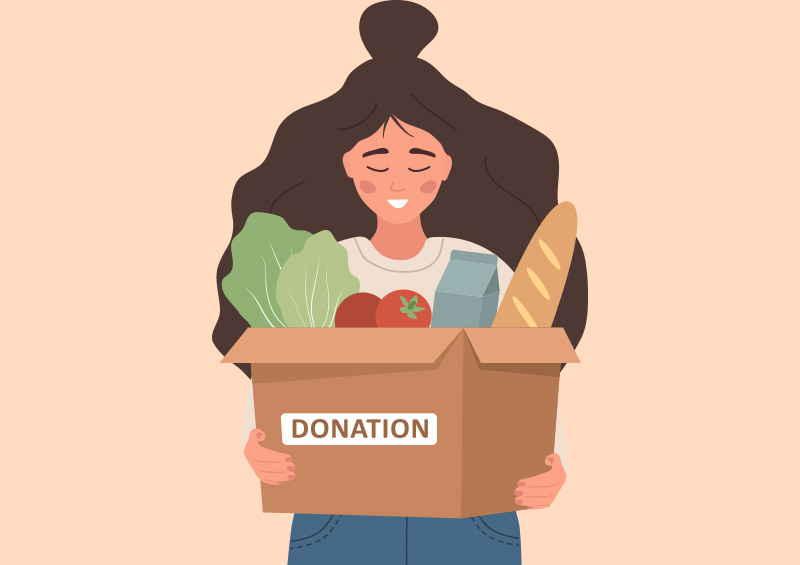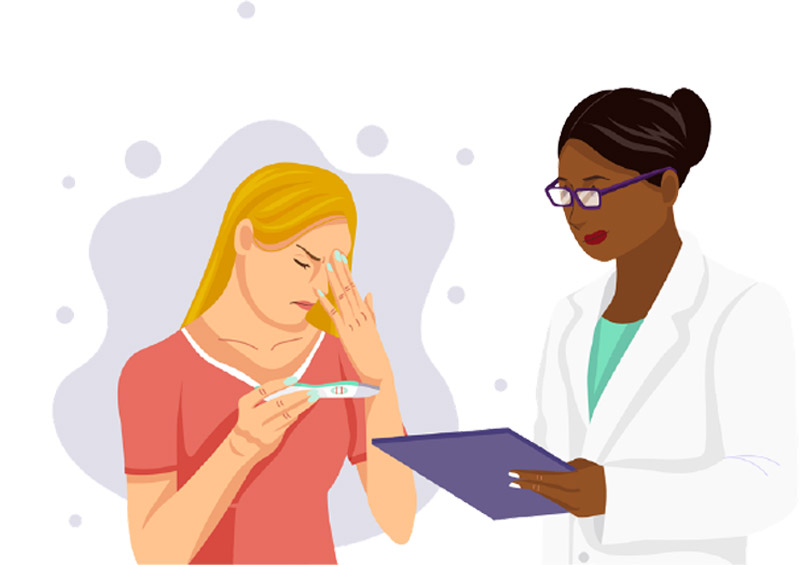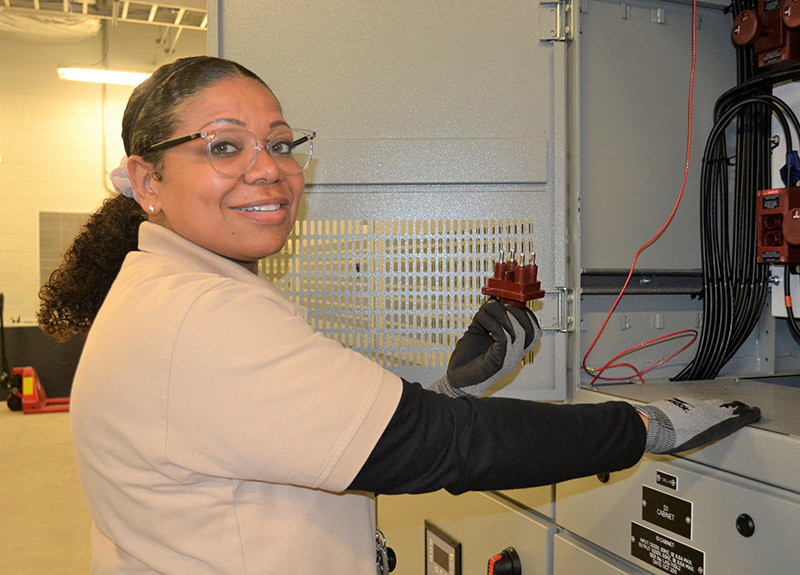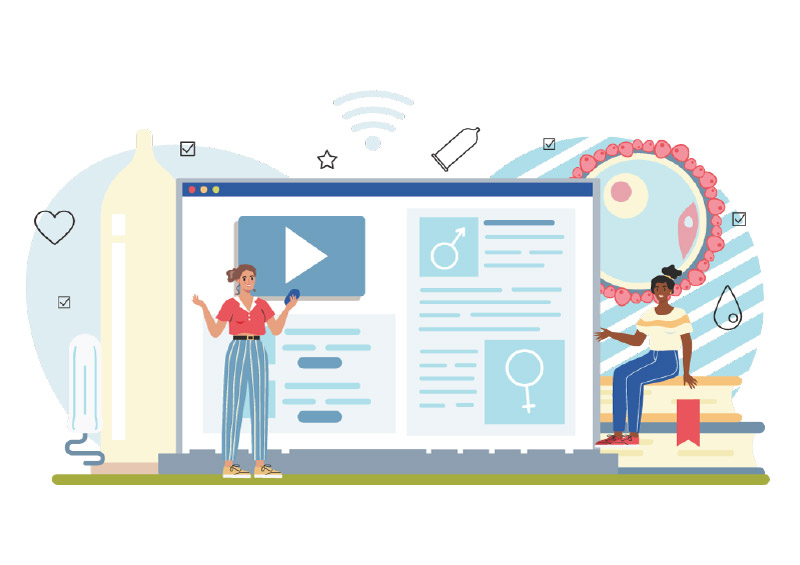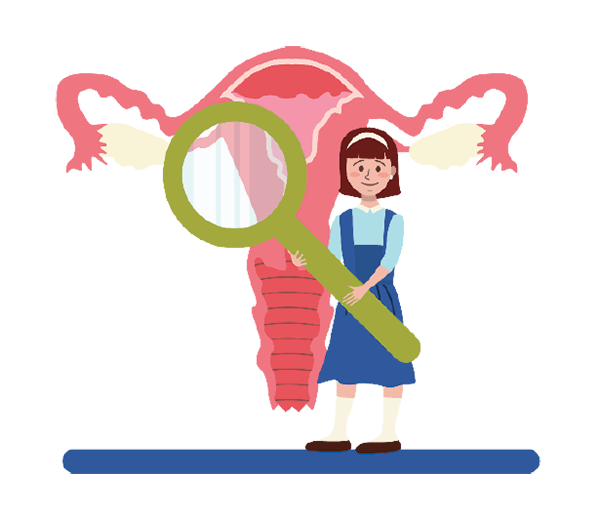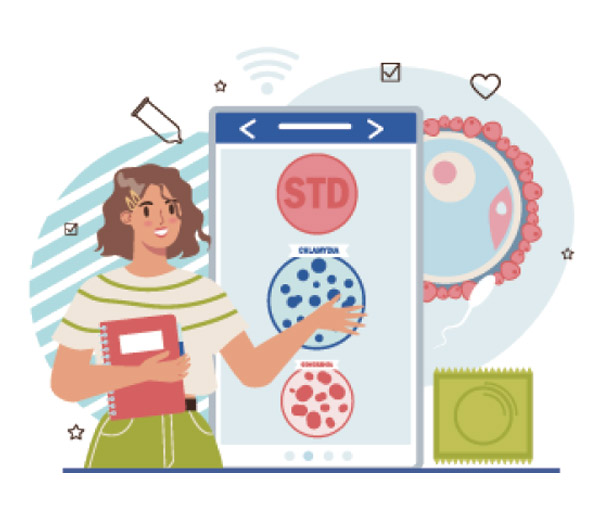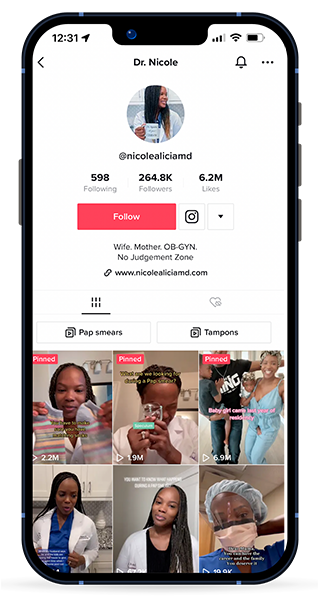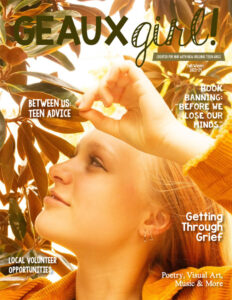Since 2020, we have been dealing with Covid surge after Covid surge, virtual classes and meetings, and canceled plans. Not to mention the additional mental and emotional stressors the pandemic created for many of us, such as the loss of family members and isolation from our friends and social circles.
On top of everything, you have likely been going through major emotional, physical, and sexual development transitions. Insecurities regarding puberty and physical changes, questions about pleasure and sexual health, and a strong desire for social connection are all normal occurrences during the adolescent years. The pandemic has made navigating all this and finding support and helpful information even more difficult.
The internet and social media are a bigger part of life than ever, but they don’t always make us wiser and happier. According to data collected before the pandemic, over half of American teens use social media daily and the average teen is online almost nine hours a day, and this doesn’t even include time spent online for homework. With many teens spending more time at home, imagine how these numbers have increased during the pandemic! I’m sure you have heard of risks associated with internet and social media use—such as exposure to false information, harmful content, dangerous people, and cyberbullying—so it’s important to be mindful and selective when being online and exploring social media sites.
Online platforms are not only used to socialize and indulge in music and fashion trends, they have also become popular resources for sexual and reproductive health education. With literally millions of pages and profiles to sort through, it can be overwhelming to figure out what information is factual versus what is fluff.




